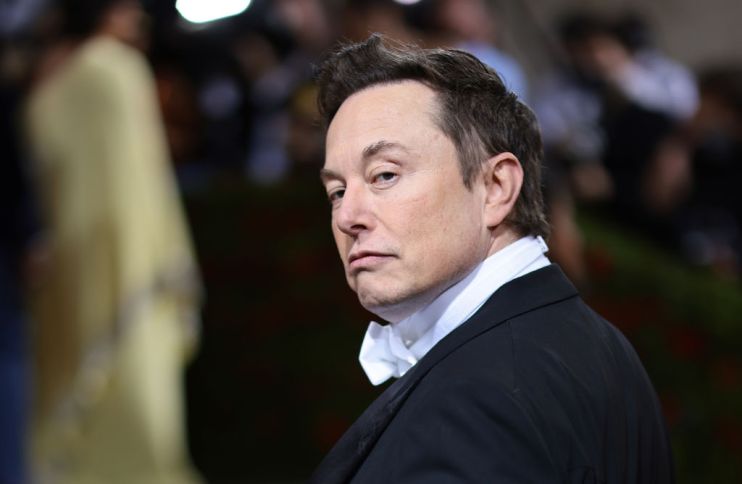Even Big Tech CEOs can’t afford to ignore the costs of bad PR

Big tech CEOs may think they’re invincible, but sending rockets into space won’t spare you the costs of bad PR, writes Mike Maynard
Tech CEOs live on a different planet. In their eyes, their value as a human being is measured by the size and impact of the company or companies they run. If their company is creating a new virtual world or sending rockets into space, then they’re going to feel pretty good about themselves. And it’s not as if they don’t already have massive self-confidence, thanks to the fabulous success and huge wealth they’ve enjoyed in their career.
If this wasn’t enough to make PR pros and reputation managers break out in a cold sweat, then this ought to be. Tech CEOs have a troubling habit of seeing everything through a tech lens. That means, to be concrete, that rather than grappling with, say, the reality of human beings and their messy emotions and their irrational behaviour, the tech CEO sees only systems to be tweaked, changed, optimised. And don’t expect their inner circle to temper this approach. Like any CEO, the tech CEO is surrounded by die-hard supporters.
This should be a recipe for a PR disaster; but tech CEOs are hard to topple from their thrones. The products and services they sell are so entrenched in everyday life, that a boycott seems ludicrous. Tim Cook is generally well liked. But if he wasn’t, would people really head to the nearest skip with their iPhone, iPad, MacBook, AirPods, Apple TV? Well, Travis Kalanick was forced out of Uber, a company that has radically changed city life. And there‘s also Elon Musk, who has succeeded in destroying support for The Artist Formerly Known as Twitter (or ‘X’) both from the public and from its advertisers. Even the damage done to Tesla’s share price is linked to his perceived mismanagement of X.
So tech CEOs might get away with a lot – but not everything. And the trend is determinedly towards more socially conscious, more ethical business. If the untouchable tech CEO doesn’t want to learn the hard way that words have consequences, then there are a few things they can do. First, they can start making decisions that are in the best interests of their stakeholders, and not just for profit. When you make profit the be-all-and-end-all, you strain your relationships with customers and employees. It’s just not a good look. And the reputation damage can burn slowly.
Secondly, they can start being mindful of how they’re perceived externally and internally. When the law firm Schroders announced the creation of a PR arm, it was a clear statement that in the age of the internet, character (and even a successful legal battle or two) just isn’t enough to keep someone’s reputation clean. You have to care what others think of you, even if what they think of you is way wide of the mark.
Thirdly, you need to start thinking about how to win people over. Tech CEOs tend to be pretty bright. They don’t need to burn bridges and wind people up when they could do the opposite. Life is much, much easier when you bring people along with you, and there’s no reason why the head honchos at any FAANG company can’t. Constant disruption and ‘going against the grain’ was cool for a time. But now it’s old, and these days it’s more likely to call to mind Adam Neumann, Elizabeth Holmes or Travis Kalanick than the free-spirited, LSD-dropping entrepreneur.
Tech CEOs might feel invincible, but if they don’t consider their reputations, they will pay a price sooner or later. In the world of tech, that price can be very, very high.
Mike Maynard is the founder of tech PR agency Napier